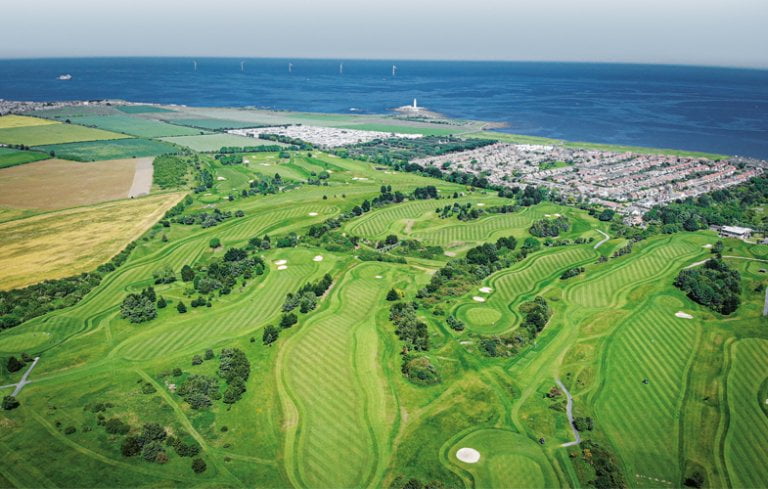There’s a lot more to modern greenkeeping than cutting grass and raking bunkers
The golf course management industry has developed so much in the last few years, and massively since I started out as a 16-year-old at Dunstanburgh Castle Golf Club in 1997.
The quality of education has advanced so much recently, across sports turf and management, and the demand for new qualifications and more further education places continues to grow.
This change has been driven by the changing roles of golf course managers and greenkeepers. Gone are the days when our only concern was the height of the grass on the greens and whether the bunkers were raked each morning. Staff at every level, at every club around the country, must deal with an array of areas – from agronomy, sustainability, planning and ecology to finance, human resources, training, marketing and health & safety.
The sports turf industry has worked hard over the recent years to standardise its training. Vocational NVQs form the building blocks of a successful career and can lead on to bachelors and masters degrees, and even PHDs.
Individuals who enrol on these courses while in full-time employment invest huge amounts of their own time studying at night, weekends and even in their lunch breaks. My own journey to achieving a bachelors degree took five years while in full-time work and raising a young family.
The opportunities education and better communication across the industry opens up to network, share ideas and talk about personal experiences is vital. This is an area where the greenkeeping industry excels. A bit like one massive family, greenkeepers are very happy to help others in the industry.
We’re also fortunate to have global bodies like the R&A and BIGGA which understand the importance of raising the skill levels of greenkeepers. This focus will help to secure the future success of the game around the world.
A broad knowledge and expertise allows modern greenkeeping teams to produce and present golf courses at higher standards than ever before, within a testing economic climate where customer expectations continue to rise.
Golf is an ever-changing sport and for golf clubs to remain financially sustainable and successful, course managers and greenkeepers need to evolve and continue to learn.
Knowledge is power and businesses need to nurture this power by allocating sufficient annual training budgets, introducing systematic personalised training plans and trusting the advice and recommendations made by the professionals they employ. With those in place, your club and course will be able to thrive for many years to come.





